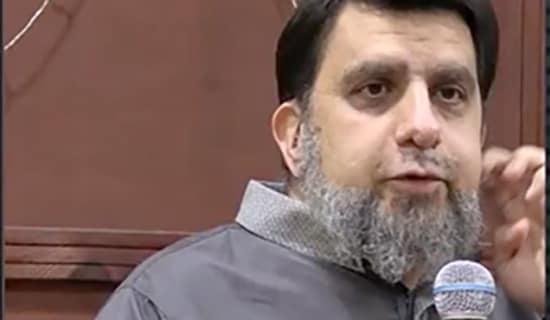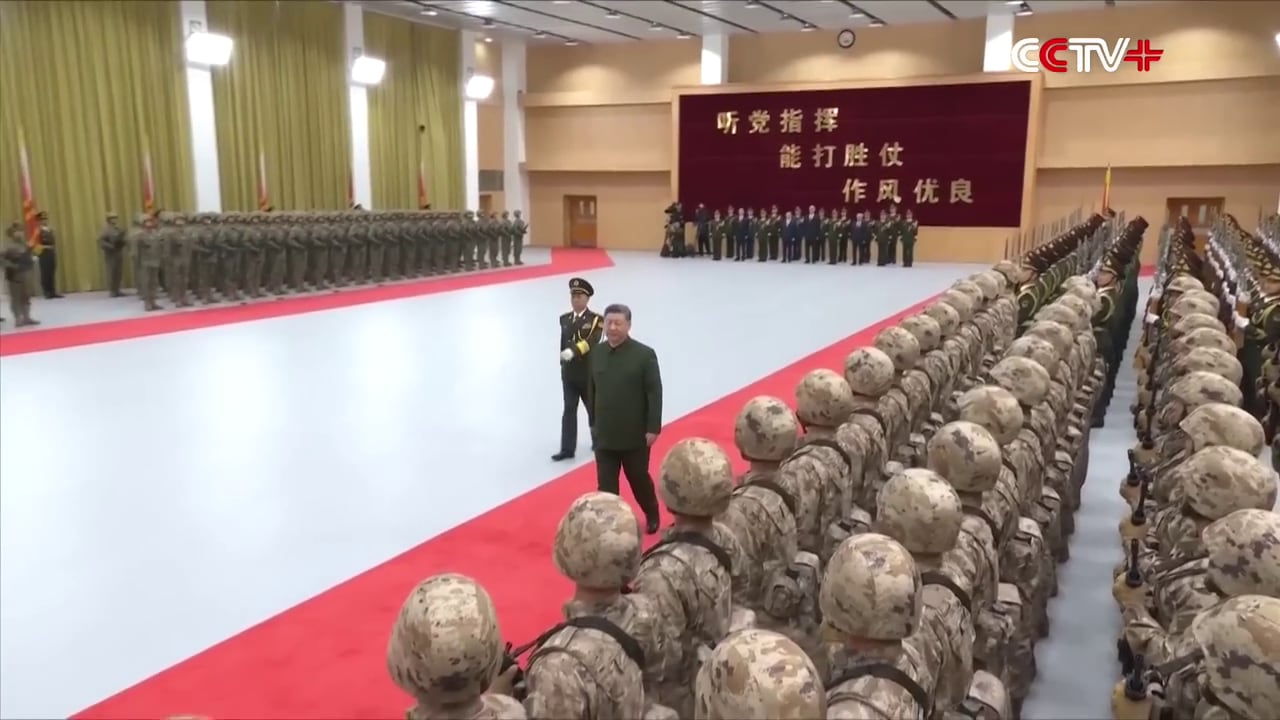
Iranian Expediency Council member Mohammad-Javad Larijani, who also serves as an advisor to the Head of Iran's Judiciary, said in a November 23, 2020 interview on Ofogh TV (Iran) that the only difference between Trump and Biden is whether they have different policies towards Iran. He also said that if the U.S. wants to rejoin the JCPOA, it must do so without preconditions, and it must lift the economic sanctions on Iran and compensate Iran for economic damages. In addition, Larijani said that if Iran enters negotiations, it must first suspend implementation of all of its current obligations, including the NPT. Furthermore, he said that those who say that Iran will return to the JCPOA when America returns to it are holding a very bad position.
Mohammad-Javad Larijani: "[Iranian FM Zarif] said that those who say there is no difference between Trump and Biden have a problem understanding. Of course there are differences. For example, their faces are different, they don't weigh the same, they don't talk the same. But we want to focus on our interests. We want to see if the [Americans'] policies are meant to [enable them] to milk Iran. This is a very important question. We want to understand what policy they will adopt towards us. It doesn't matter what they say. It is apparent that they are the same in this regard, though there are differences between them in many regards."
[...]
Host: "What must [the Americans] do to prove that they are committed to the JCPOA?"
Larijani: "The sanctions must be lifted, especially the secondary ones.
[...]
"The Americans need to [re]enter the JCPOA without preconditions, to fulfill their obligations, and to compensate us for the damages they have caused us. Of course, if someone does not accept this and wants to negotiate, I think the most logical approach is to lead the negotiations with zero commitment."
Host: "What does that mean, exactly?"
Larijani: "This means that we would completely suspend all our obligations. We would suspend – not leave – the NPT, the Additional Protocol, and all our JCPOA obligations. The inspection that exists today – both in-person inspection and inspection through cameras – would also be suspended. We would not cancel these, just suspend them. This is what I mean by zero commitment – once we do that, we would [be willing] to negotiate about anything they want.
[...]
"What has our country gained from these negotiations? They have not benefitted us – I am saying this clearly. But these negotiations have taught us very important lessons regarding the future of our country and our diplomacy. It turns out that if we want to negotiate with any party, we must be very precise. We must have a benchmark for our national interests, and we must ensure that our interests are protected. It turns out that we cannot rely on words and promises. We must speak very precisely. We must lock-in our agreement instead of [implementing] a snapback mechanism, which acts against us.
[...]
"They have played with us for six or seven years. After this, we [reduced our commitments], and some [officials] said: 'We will return [to the JCPOA] when they do.' Why are they saying this? There is no such thing. Are we waiting to see what they will do? Are we supposed to let them make fools out of us? Should we let them do with us as they please? They audaciously left [the JCPOA]. We must never return to it. Why would we do that? There is no reason for us to do that. To say that we will return when they return is a very bad position."












